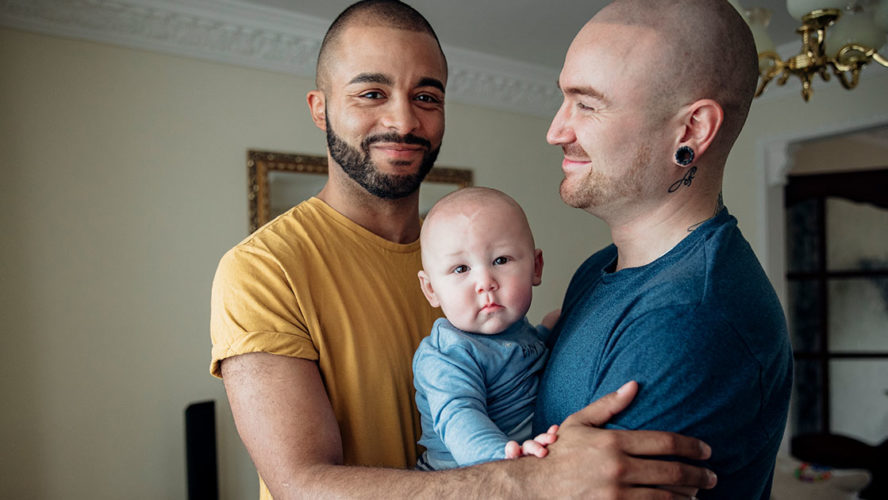
Carolynn Dubé
Executive Director
Conversations around fertility struggles, and the journey many people take to build their families has come a long way over the past 10 years. With more and more celebrities and social media influencers sharing their personal experiences, it seems as though (in)fertility is becoming something those who need access to fertility care are more comfortable talking about. There are, however, many aspects of the fertility journey that need to be addressed, and in Canada, we need to do more to ensure that equitable and inclusive fertility care is accessible to every individual and couple who need it.
One in six Canadians is impacted and may need to access fertility care. No matter your race, ethnicity, sexual orientation, gender, gender identity, socioeconomic status, education, disability, age, or marital status, all people deserve the right to pursue their dream of building a family. Feeling respected and included should not be something you need to worry about on your path to parenthood.
Single parents and non-heteronormative individuals and couples rely on family building options such as IVF, surrogacy, gamete donation, or adoption. It is imperative that they, too, have the resources they need to make informed decisions about their reproductive health options.
For those with lived experience, pursuing fertility support is an incredibly isolating experience. It is common for individuals or couples to avoid social situations that may be triggering – such as holiday gatherings and baby showers. Personal relationships can be affected if you feel the need to distance yourself from friends or family who are having babies. The relationship with your partner(s) can also be strained, with divorce or an end in cohabitation three times higher than their fertile cohorts.
The impact of infertility on one’s mental health is significant. Increased incidence of stress, depression and anxiety, coupled with a loss of self-esteem and confidence are often experienced. Research indicates infertility impacts an individual’s productivity and focus at work and can also impact your ability to accomplish day-to-day activities. For some people, this journey will be the most upsetting experience of their lives.
Accessing fertility care is expensive, with the average cost of a single in vitro fertilization (IVF) cycle costing $20,000 in Canada. Cost is the number one barrier to pursuing fertility treatment in our country. Five provinces currently offer some financial support for the out-of-pocket expense; however, the inconsistent coverage among the provinces means not every patient has access to the same type of treatment options.
Family building has changed. Many people don’t understand what that looks like for countless Canadians. In a country experiencing declining birth rates, it is time for a collaborative approach to ensuring equitable, inclusive fertility care from coast to coast, which includes fertility experts, governments, employers, patients, and those that support them.
Fertility Matters Canada is the leading voice of Canadian fertility patients. Our goal is to ensure that all of the communities we serve and support feel acknowledged and that their path to parenthood is valued.



